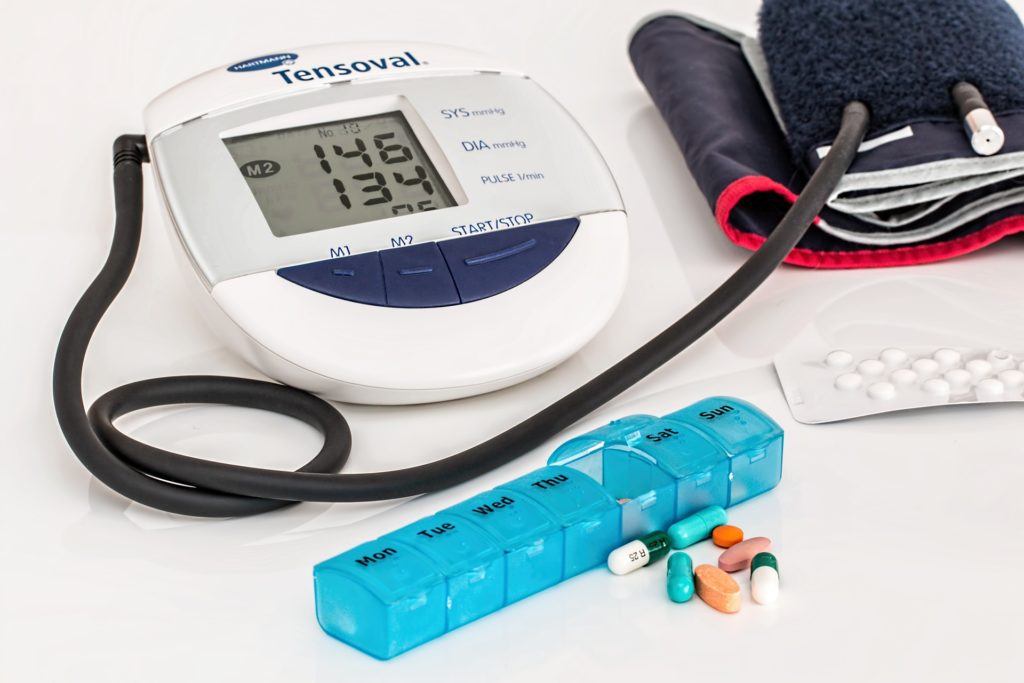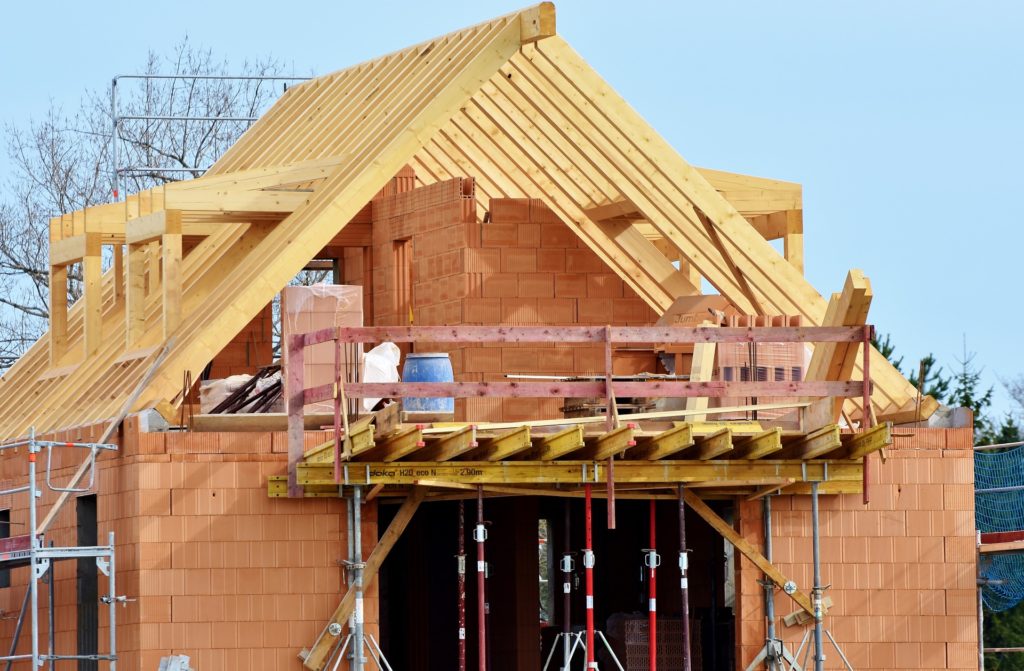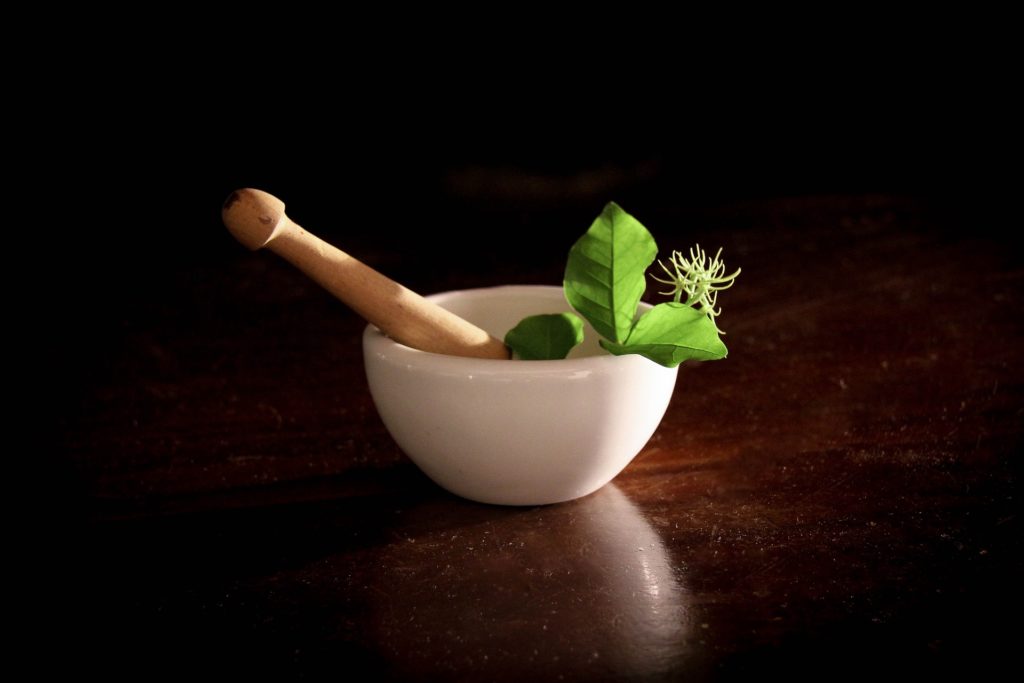
Recently we were asked if CBD would be helpful for those with Multiple Sclerosis, (MS).
I found a study written by Thorsten Rudroff and Jacob Sosnoff. I will include the link to the study at the end of this post. They describe MS as, “ Multiple sclerosis (MS) is a demyelinating disease of the central nervous system (CNS) that affects an estimated 2.3 million people worldwide. The symptoms of MS are highly varied but frequently include pain, muscle spasticity, fatigue, inflammation, and depression. These symptoms often lead to reduced physical activity, negatively impact functional mobility, and have a detrimental impact on patients’ quality of life.”
They also state that, “Although recent years have seen significant advances in disease modifying therapy, none of the current treatments halts or cures MS related symptoms. As a consequence, many people with MS (PwMS) look for alternative and complementary therapies such as cannabis.”
CBD CAN HELP
As we know, CBD can reduce inflammation and help with pain management. The study suggested that the use of CBD will reduce fatigue, pain, inflammation, depression, and spasticity (a condition in which certain muscles are continuously contracted. This contraction causes stiffness or tightness of the muscles and can interfere with normal movement, speech and gait. Spasticity is usually caused by damage to the portion of the brain or spinal cord that controls voluntary movement.) By reducing these symptoms for people with MS, CBD may help with their mobility. Of course, more research is needed.
MANY OF PEOPLE WITH MS ARE LOOKING TO CANNABIS FOR RELIEF.
In a web-based survey, which was hosted by the National Multiple Sclerosis Society, found that 66% of PwMS (people with MS) currently use cannabis for symptom treatment. Furthermore, a study from Canada found that approximately 50% of PwMS would consider the usage of cannabis if the legal status is clear and scientific evidence is available. CBD is, of course, a cannabis plant and can help with the symptoms of MS.
CBD HELPS REDUCE THE USE OF OPIOIDS
Opioids have some serious side effects including, physical dependence, dizziness, sedation, nausea, vomiting, tolerance, constipation, and respiratory depression. Physical dependence and addiction are clinical concerns that may prevent accurate prescribing and in turn insufficient pain management.
A recent epidemiological study by Piper et al. showed that among people that frequently used opioids, over three-quarters (77%) indicated that they reduced their use since they started cannabis. Approximately two-thirds of patients decreased their use of antianxiety (72%), migraine (67%), and sleep (65%) drugs following medical cannabis which significantly exceeded the reduction in antidepressants or alcohol use. Complete or part replacement of these drugs by specific cannabis products should definitely be the long-term goal.
The study suggests that people with MS are hesitant to use cannabis because of the social stigma associated with marijuana and the high that comes from THC. They suggest the use of CBD to eliminate these negative aspects of treatment.
CBD can be a safe and reliable way to manage the symptoms of MS.
2018 study on CBD and MS.









